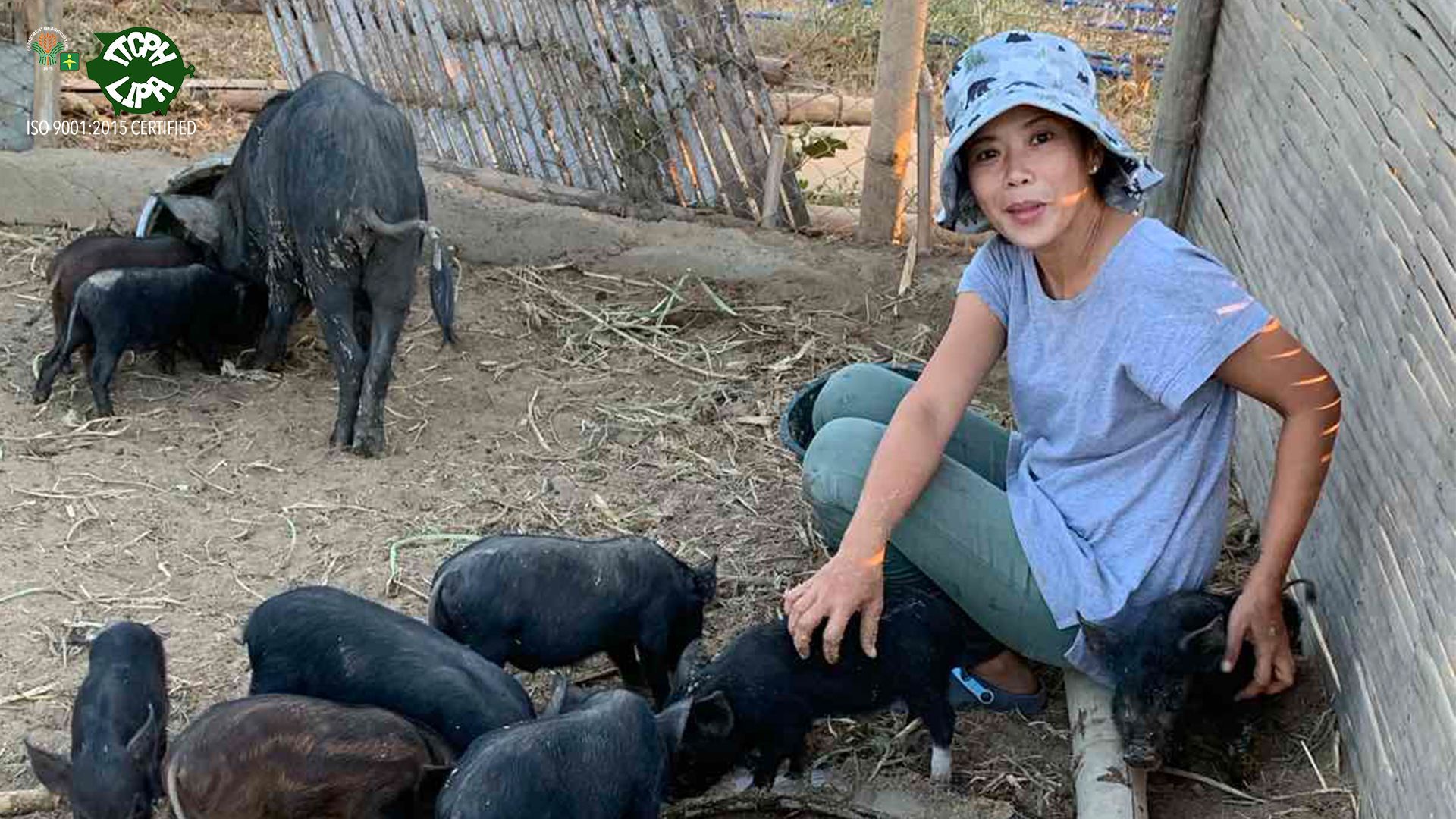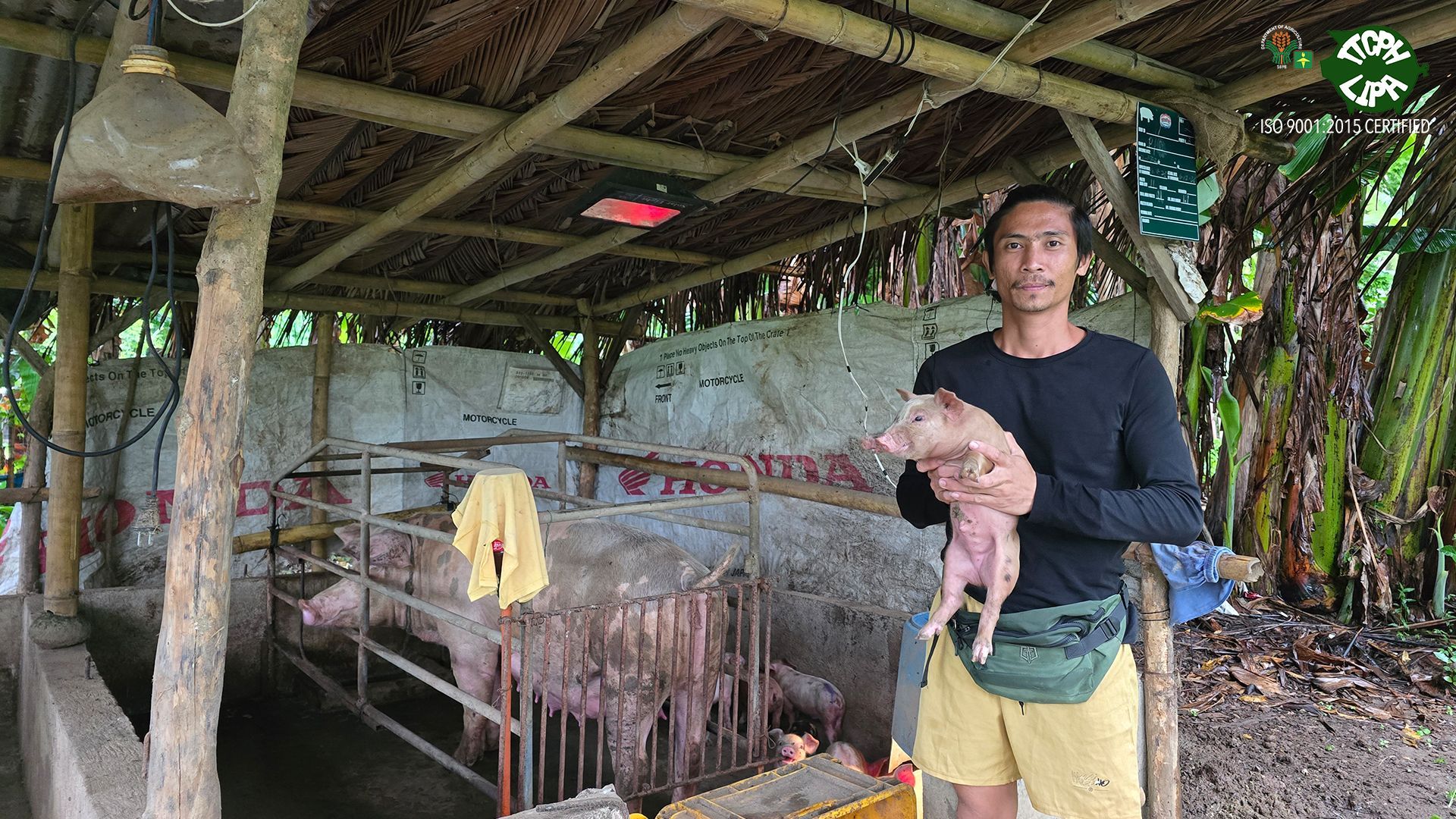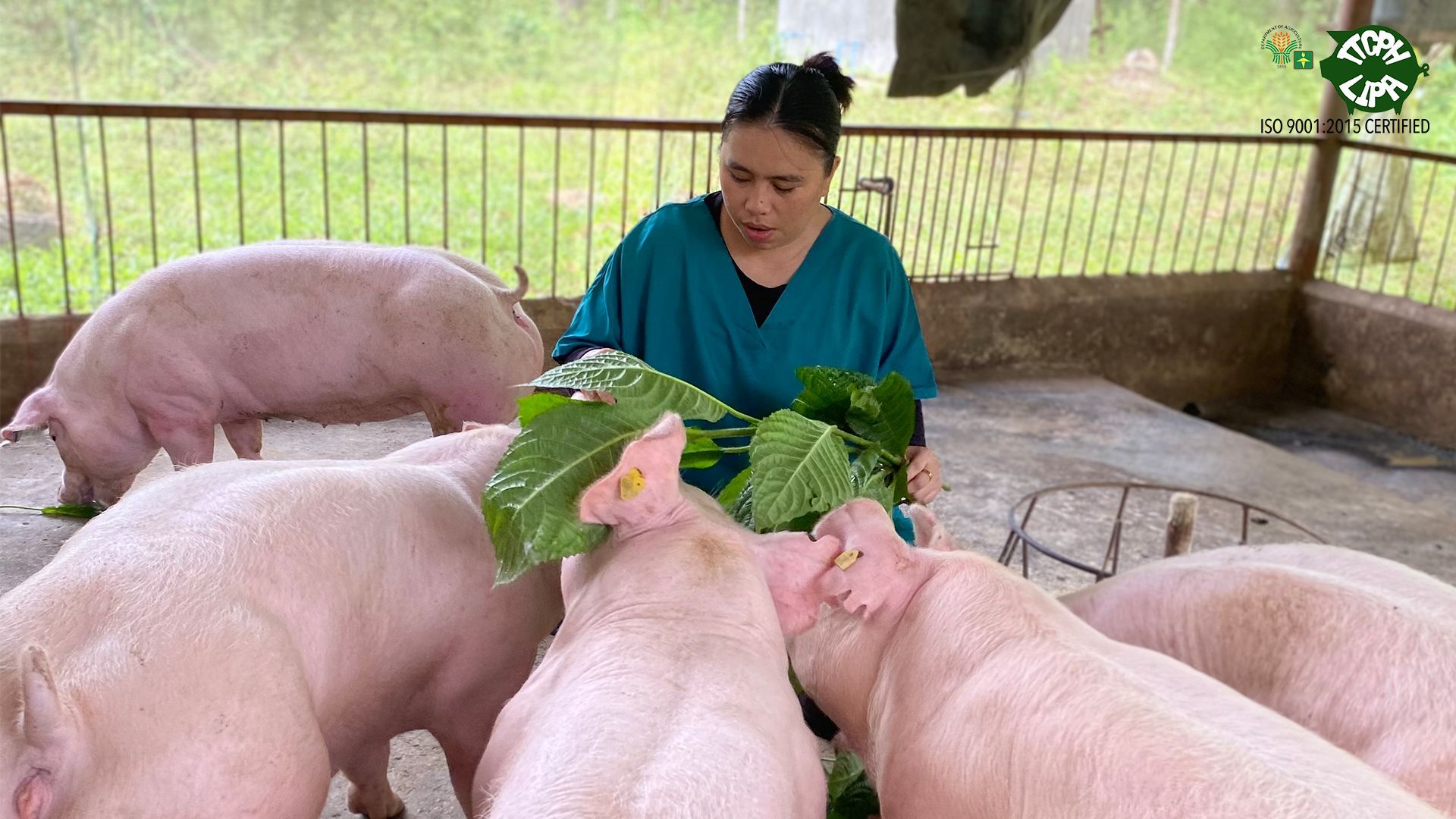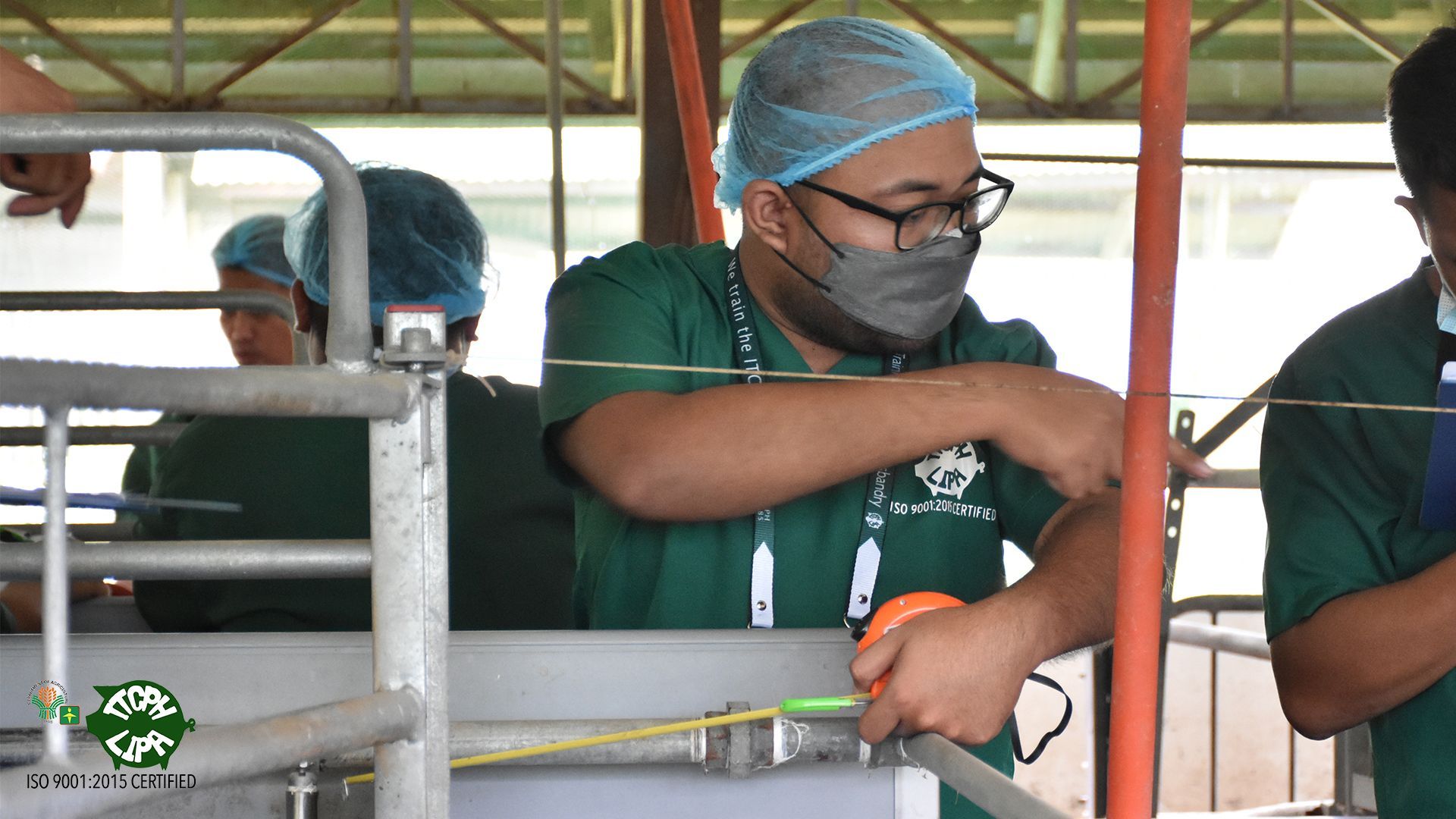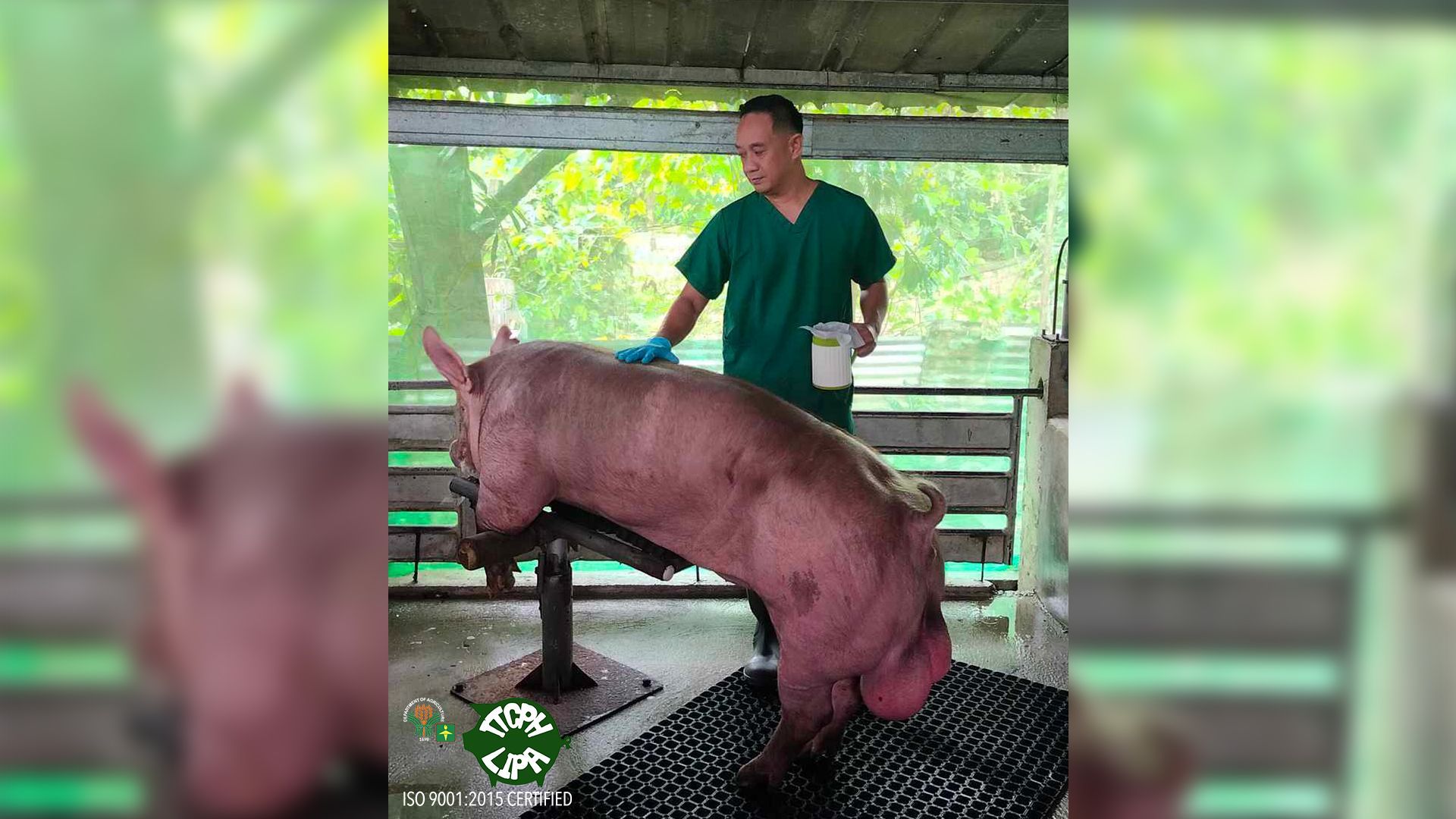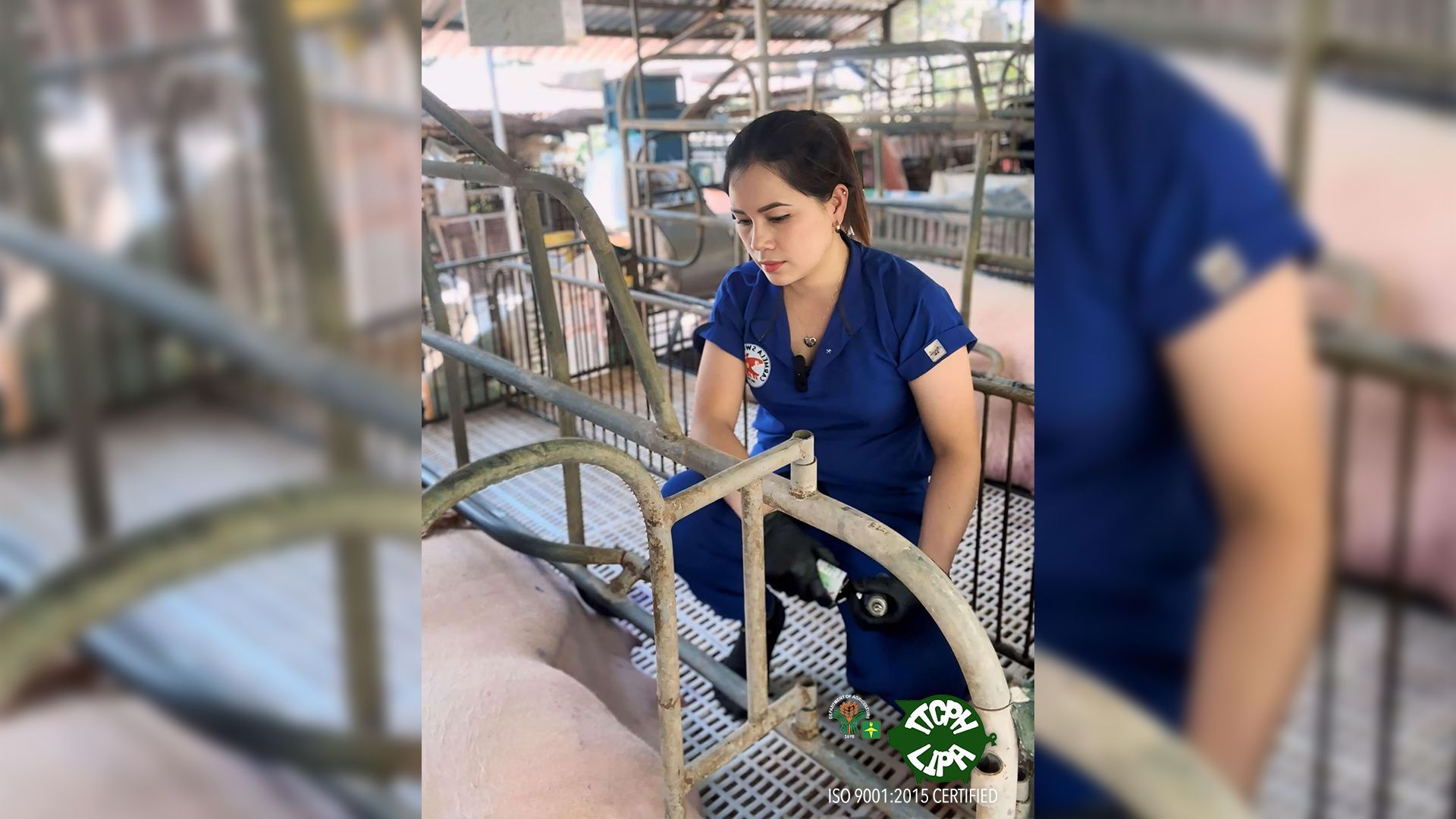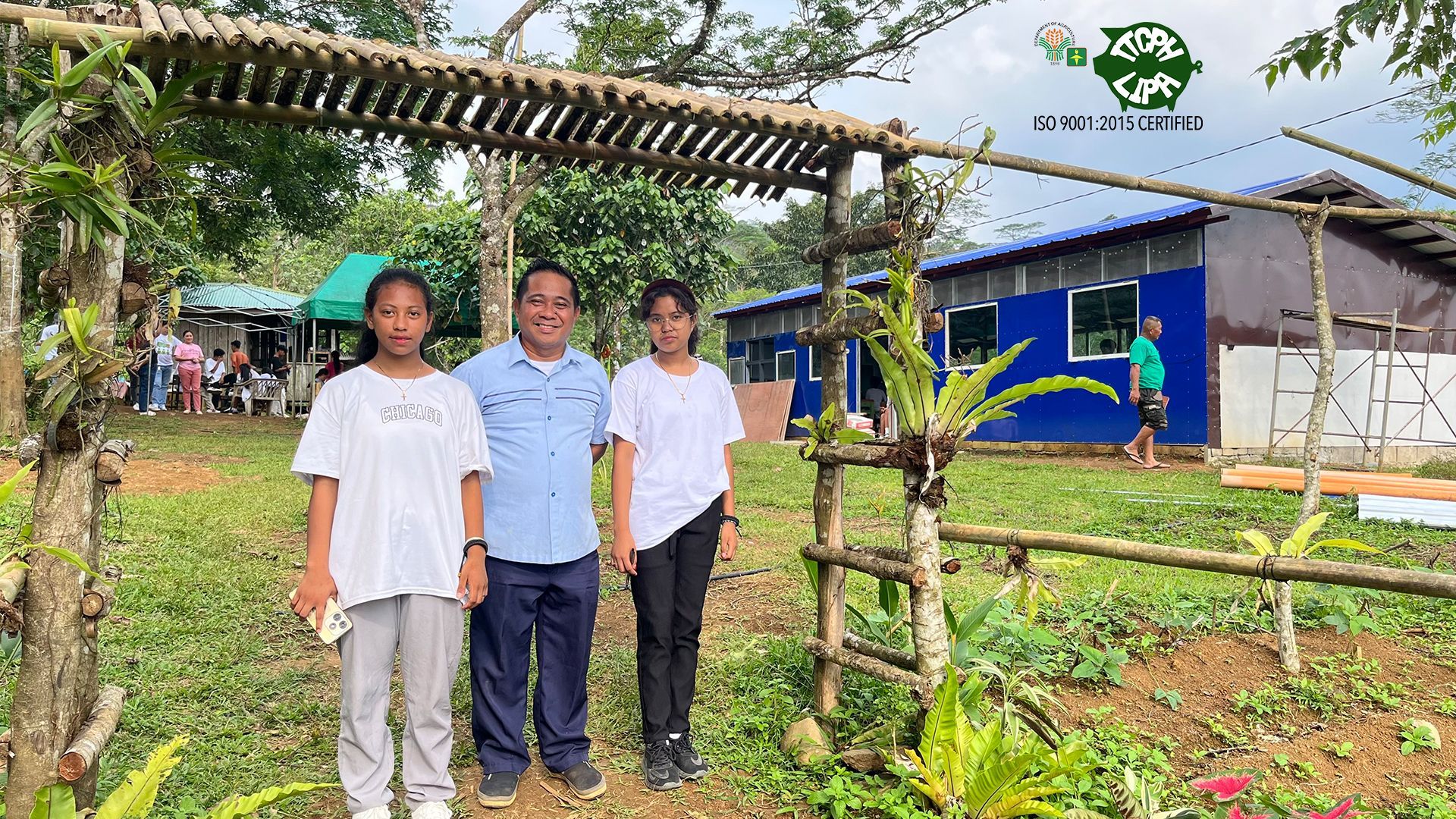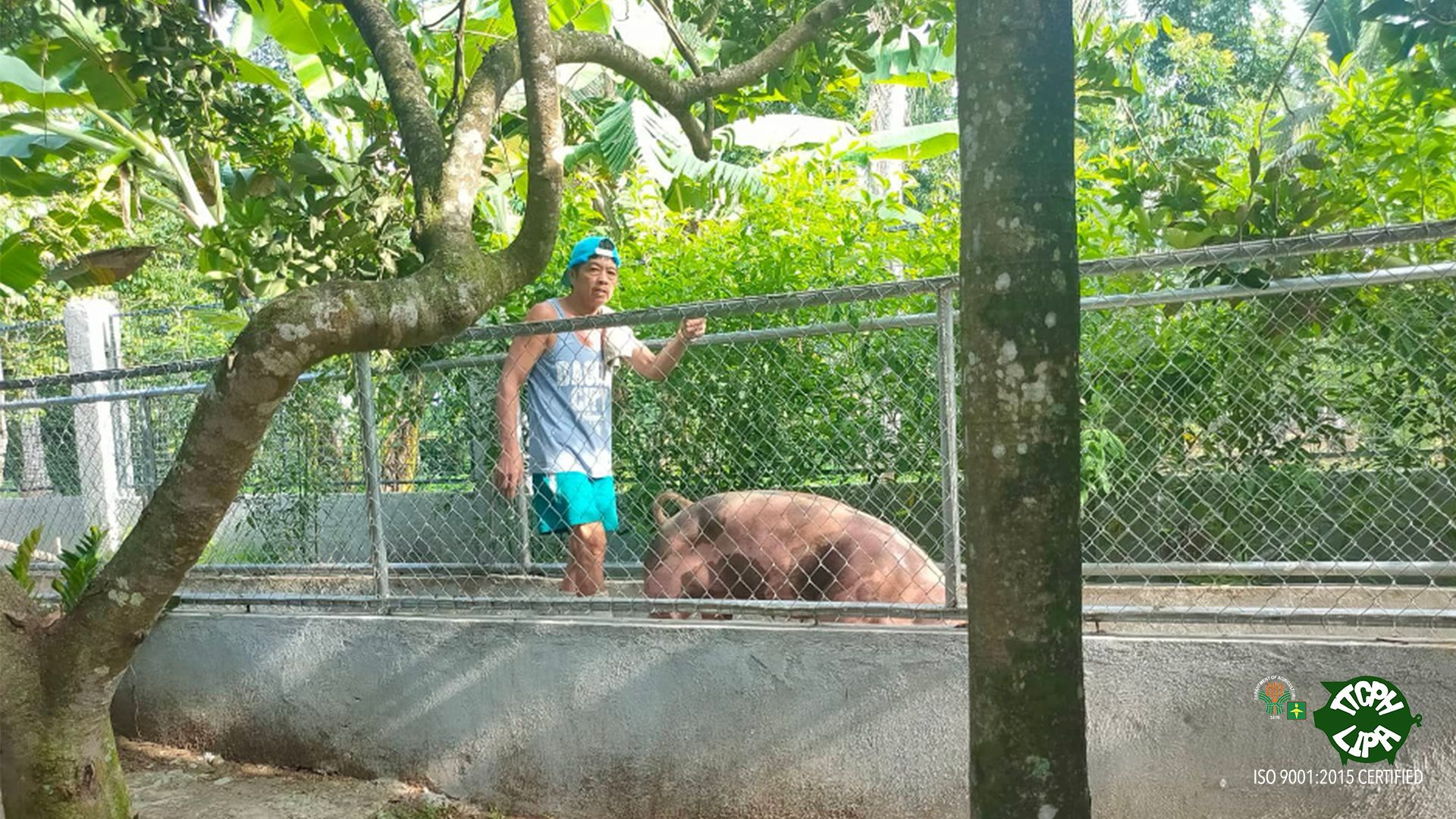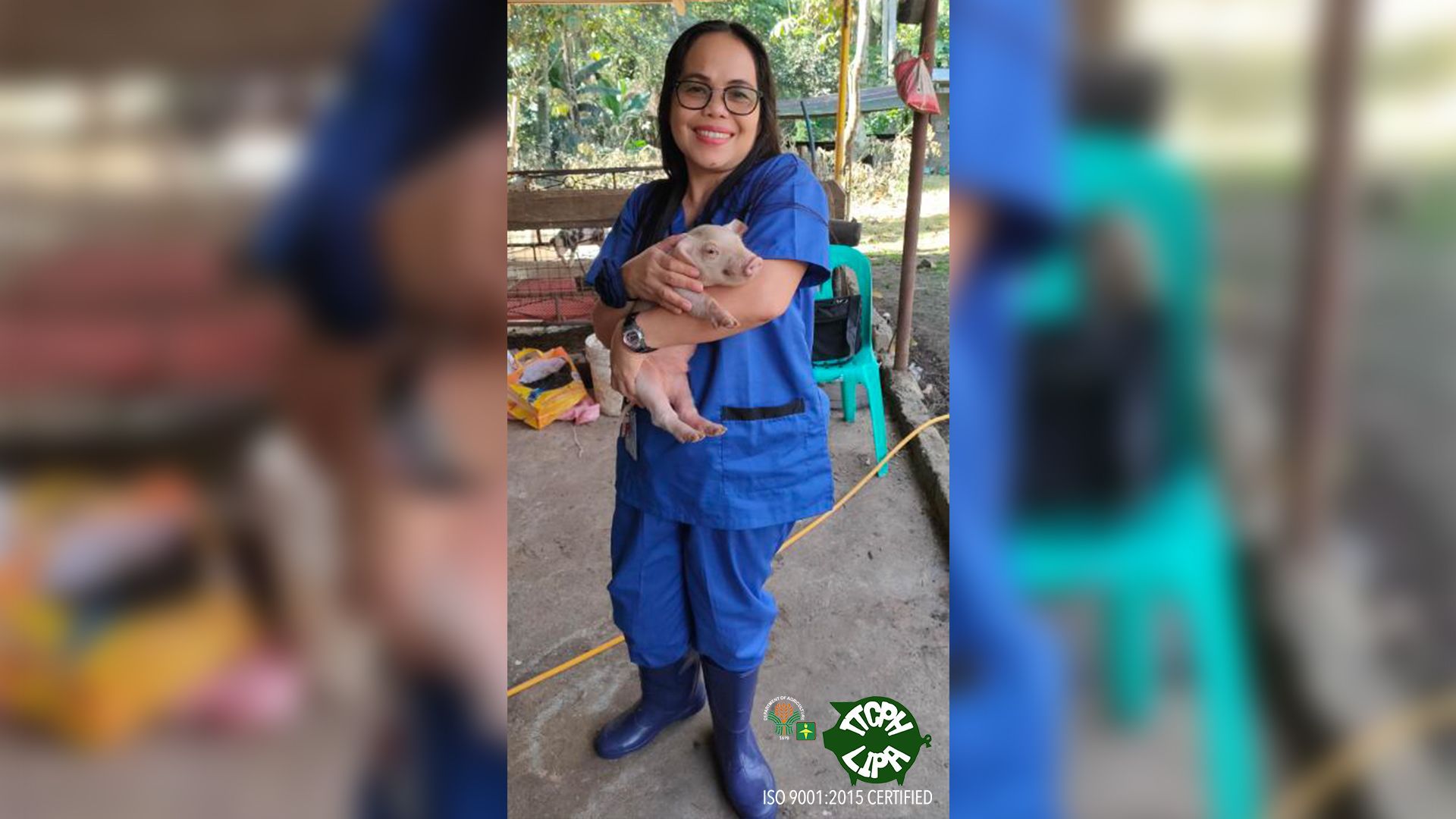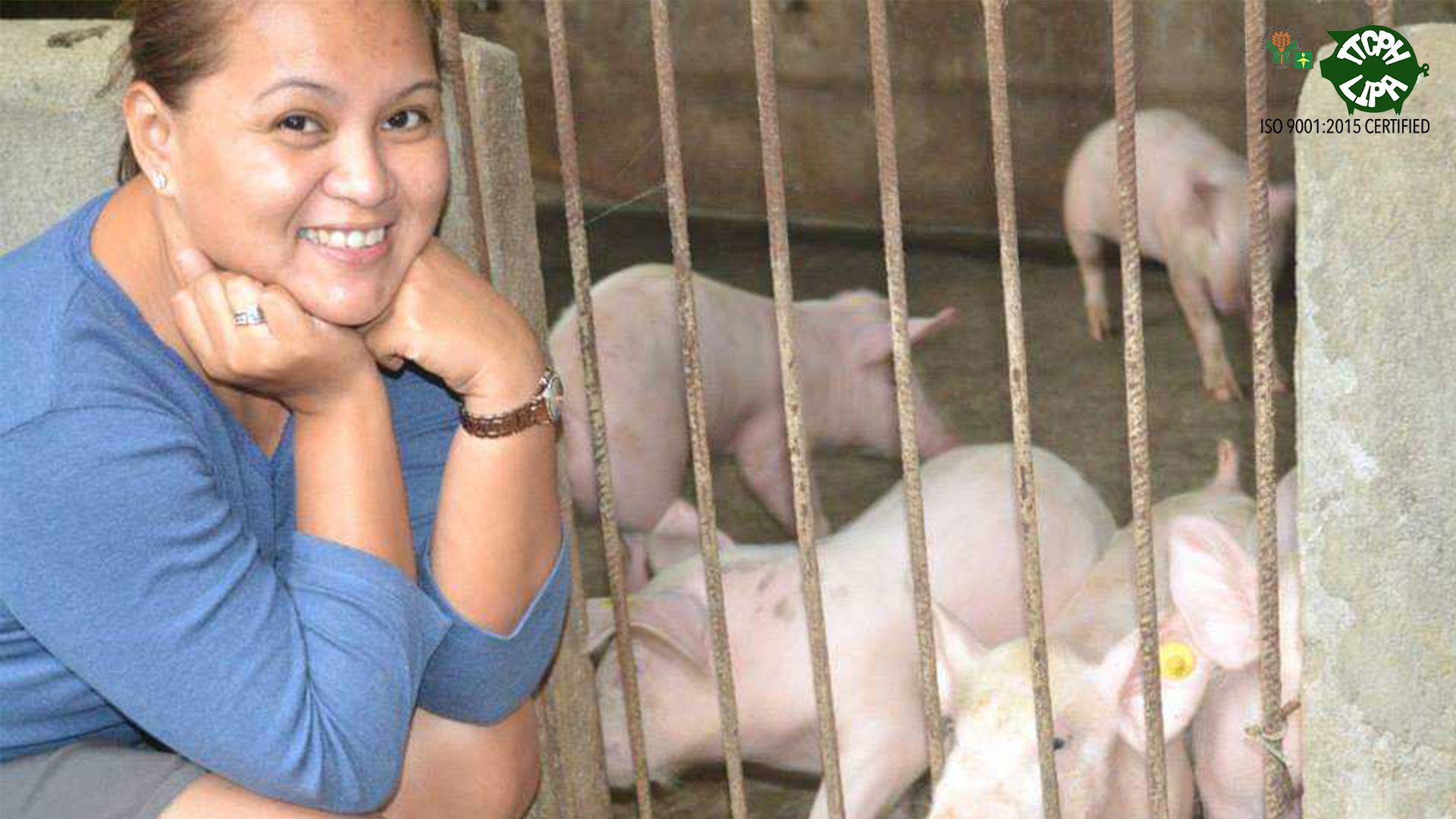BraveHeart: A Bounce Back Success Story Against ASF
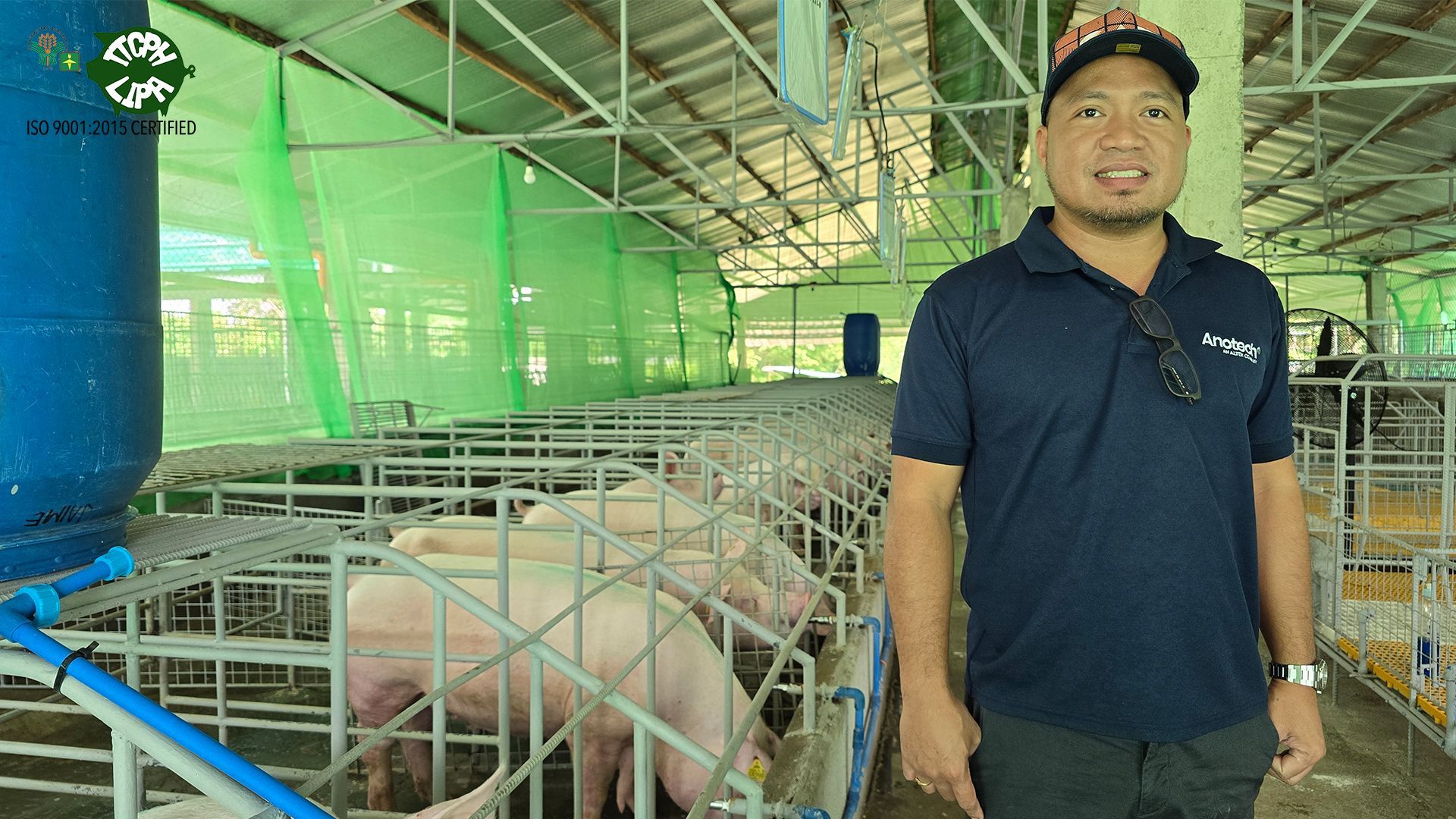
"Dito sa lugar namin sa Candelaria [Quezon], ubos lahat. Ito nga huling farm na tinamaan. Nag-umpisa sa mga fattener, araw-araw may mga namamatay. Nag-lock down na dito. Wala nang kumukuha ng baboy."
This is a story of an OFW swine business owner who faced the devastating impact of the African Swine Fever. As most people know, the disease has caused significant financial losses, emotional distress, and disruptions to livelihoods.
Mr. Jaime Alimagno is an Electronics and Communication Engineer by profession and works in the oil and gas industries in various countries in Africa, Southeast Asia, the Middle East, and South America. Amid his project-based contracts, he thought that investing in the swine business, or pig farming, could be a profitable venture due to the high demand for pork and relatively quick return on investment.
"Nagsearch lang ako ng mga training centers [online], kasi gusto ko matuto sa pagbaboy. Nakita ko ang ITCPH, kaya nag-register ako."
Mr. Alimagno attended the Course on Swine Artificial Insemination (2024).
With zero knowledge in pig husbandry, he juggled his time to be able to attend a training at ATI-ITCPH. But the training came a bit late. In August 2024, the ASF outbreak hits the Quezon Province, striking Candelaria Quezon as an infected zone, where his farm is located. He experienced a significant financial loss of approximately 1.6 million pesos.
"Sa ITCPH ko natututan ang Biosecurity kaya minadali ko i-establish sa farm ko, kasi hindi ko alam eh."
Through ATI-ITCPH, he established a basic biosecurity facility in his swine farm. He focused on controlling access, implemented sanitation and hygiene practices, and ensured proper waste management. This involves creating physical barriers such as a fence, shower & disinfection area, and establishing protocols for personnel, vehicles, and equipment entering and exiting the farm. This led to a major restructuring of his farm. He realized how important biosecurity is, which can significantly impact animal health, farm productivity, and economic viability.
"Sa ngayon, may labindalawa na akong inahin, at dito ko inumpisahan ulit. Mahalaga talaga ang biosecurity kasi kung hindi mo ito aaralin at ipapatupad, sobrang laki ang mawawala sayo."
To strengthen his knowledge, he attended the “In Cycles – Course on Animal Waste Management and Utilization for Smallhold Farmers” in 2025, and is now a hopeful applicant for the Course on Pig Husbandry.
#ITCPHway #LearningByDoing
